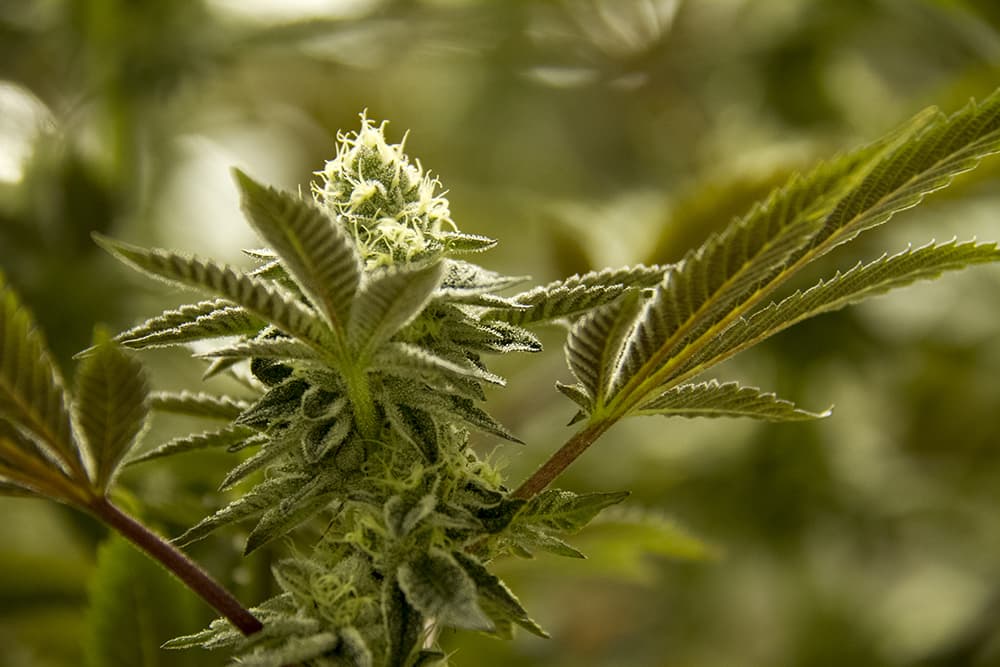Marijuana remains illegal under federal law, and White House spokesman Sean Spicer expects to see "greater enforcement” of that law, especially when it comes to recreational use of the drug.
In a news conference today, Feb. 23, Spicer drew a sharp divide between recreational and medical marijuana use.
"I’ve said before that the president understands the pain and suffering that many people go through who are facing, especially, terminal diseases and the comfort that these drugs including medical marijuana can bring to them," he told reporters.
But there "is a big difference between that and recreational marijuana -- and I think when you see something like the opioid addiction crisis blossoming in so many states around this country, the last thing we should be doing is encouraging people."
He later said that "there is still a federal law that we need to abide by … when it comes to recreational marijuana and other drugs of that nature."
He also said that there was a more-established process for the administration and regulation of medical marijuana compared to recreational marijuana.
That said, the exact policy is “a question for the Department of Justice," Spicer said. And the Department of Justice is led by one Jeff Sessions, a noted longtime opponent of legal marijuana.
The federal government largely left the marijuana-legal states alone under President Barack Obama. Enforcement of the law could include anything from a heavier federal concentration on the black market to raids on dispensaries.
Questioned further, Spicer deferred questions to DOJ.
Last year, recreational marijuana totaled about $875 million of Colorado's $1.3 billion in marijuana sales.











